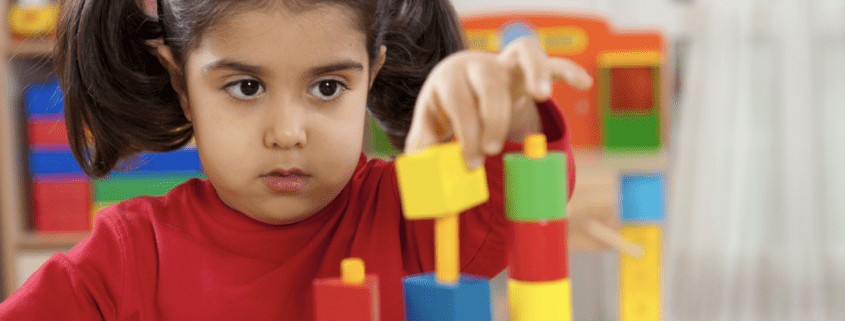As a parent, you want to do what’s best for your child. However, when it comes to preschool and kindergarten, there can be a lot of confusion over whether or not these are mandatory educational steps that must be taken in order to ensure your child’s success.
The truth is that while preschool isn’t legally required in most states, sending your child to one can have numerous benefits. Not only will they get an early start on learning skills such as reading, writing, and counting, but they’ll also develop social-emotional skills like sharing and problem-solving, which will help them throughout their academic career.
This article explores the requirements for sending children to kindergarten and what parents can expect and gain when they enroll their child in preschool.
General State Kindergarten Requirements
Every state has different requirements when it comes to kindergarten. Generally speaking, most states require that children turn five years old by a certain date to be eligible for kindergarten enrollment. Additionally, some states may require a certain number of days or hours of instruction in order to meet the requirements for starting kindergarten.
In Arizona, for example, children must turn five years old by September 1 to meet the state’s admission requirements for kindergarten. If the governing board considers it to be beneficial for the children, they may allow them access even if the required age is not yet met according to this subsection.
Los Angeles, California has a similar rule. All school districts must accept and enroll children for the new school year who are five years of age by September 1 (EC Section 48000[a]). Moreover, those youngsters whose age makes them suitable for kindergarten can join summer pre-kindergarten programs operated by their local district.
Kindergarten is legally required in most states, but preschool is not. Most states do not require that a child attend preschool to be eligible for kindergarten, so it’s up to parents to decide whether or not it’s the educational step they would like for their family.
Do Kids Have To Go To Preschool?
Kindergarten offers a great foundation for your child’s academic future, but kindergartners are typically still learning the basics of reading, writing, and counting. So do kids have to go to preschool? Enrolling your child in preschool gives them a head start on these skills before they even enter kindergarten.
Studies show that children who have undergone preschool education are better prepared for kindergarten and have higher achievement levels throughout their academic careers. Preschool can also give your child a chance to develop social-emotional skills such as problem-solving, coping with conflicts, and developing friendships that will help them succeed in school and life.
Many compare preschool education with daycare. However, while they’re both useful in their own ways, preschool focuses more on academic readiness and social-emotional development, whereas daycare is geared more toward providing care for children.
At the preschool level, children learn to recognize letters and numbers, learn the basics of reading and writing, work on counting skills, practice socialization with peers, explore new activities, and build self-confidence. Kindergarten also tackles these, but with more in-depth instruction and learning.
How Do You Know If Your Child Is Ready For Preschool?
Because preschool is not mandatory, it is up to the parent to determine when their child is ready. Some key indicators of readiness include:
- They can communicate basic needs, such as going to the bathroom or wanting a snack.
- They recognize numbers and letters when they are spoken aloud.
- They are beginning to understand basic social cues and are comfortable interacting with adults and other children.
- They are able to follow directions and have an interest in learning.
Additionally, it’s important to understand that all children develop at different rates. An early start may not necessarily be the best approach for your child. If they don’t seem ready or eager to attend preschool, then you should wait until they are.
What Can You Expect From a Cadence Education School?
Cadence Education schools provide high-quality, age-appropriate preschool lessons that focus on the “whole child” approach in order to ensure your child is receiving the best possible education. At a Cadence school, you can expect:
- Developmentally appropriate curriculum that focuses on the physical, intellectual, and social-emotional needs of your child.
- Experienced educators who are dedicated to creating an environment of learning through exploration and meaningful activities.
- Comprehensive assessments to measure children’s progress over time.
- An emphasis on school readiness skills, such as letter and number recognition, problem-solving, creativity, communication, and collaboration.
Preschool is a great way to prepare your child for a successful transition into kindergarten. By enrolling them in one of our well-rounded preschool programs from the Cadence Education network, you can be sure they will have all the tools they need to excel in their educational journey.
Contact a Cadence Education school near you for inquiries or to schedule a visit. We welcome you and your family to join us as we help your child build a strong foundation for their future success.

